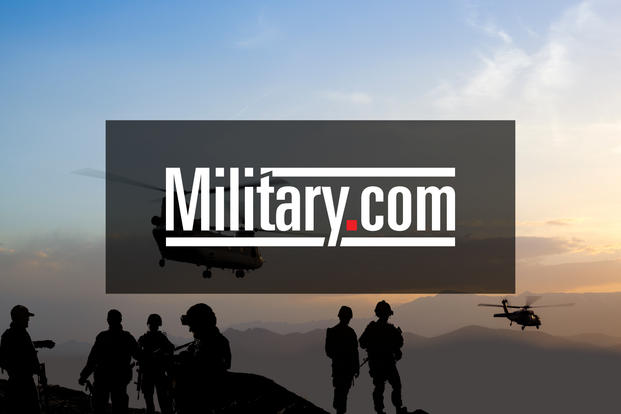Naval aviators aboard the U.S. aircraft carrier George H.W. Bush in the Persian Gulf face a risky mission in finding and choosing targets should President Obama order them to attack Islamic militants threatening to move on Baghdad.
"That's the difficulty, picking out targets" in the chaotic situation on the ground north and west of Baghdad, said retired Marine Col. Steve Gaynard on ABC's "This Week."
"They're looking at guys in pickup trucks," Gaynard said of the extremists from the Islamic State of Iraq and Syria who took Mosul last week and then quickly pressed south along the Tigris River to take Tikrit and move on Samarra against little resistance from the Iraqi security forces.
There were also several reports from Baghdad that Iraqi security forces had been told to abandon Baqubah, about 60 miles north of Baghdad on the Euphrates River.
Gaynard said the risk of collateral damage to the civilian population from U.S. airstrikes would be high. Any U.S. bombing missions would become even more complicated if Iran sent forces to help the Iraqis against ISIS, Gaynard said.
"You've got to catch these guys when they're alone and out in the open," said retired Army Maj. Gen. Paul Eaton, who was in charge of training the Iraqi army in 2003, on CNN's "State of the Union."
The only targeting solution would be to put advisors on the ground if we can get actionable intelligence to guide the attack aircraft in close air support missions, Eaton said.
"I would support very carefully targeted airstrikes," said Ryan Crocker, the former U.S. ambassador to Iraq, Afghanistan, Pakistan, Syria and Lebanon. However, Crocker said on CNN that "the politics has to take the forefront" in reaching accommodations among the Sunni, Shia and Kurdish communities of Iraq.
The Iraqis were not capable of reaching those accomodations on their own, Crocker said.
"We are the essential middleman," Crocker said. "Secretary [of State John] Kerry should get on a plane immediately. We need the Secretary of State out there in Bagdhad right now."
The State Department said that Kerry spoke by phone Sunday with Iraqi Foreign Minister Hoshyar Zebari about providing U.S. assistance to combat ISIS.
Kerry stressed that "assistance from the United States would only be successful if Iraqi leaders were willing to put aside differences and implement a coordinated and effective approach to forge the national unity necessary to move the country forward and confront the threat," the State Department said.
Obama on Friday ruled out sending U.S. ground troops to Iraq but has authorized supplementing the American embassy's security force with Marines. As for airstrikes, Obama said it would take time "to make sure that we've gathered all the intelligence that's necessary so that if, in fact, I do direct an order (or) any actions there, that they're targeted, they're precise, and they're going to have an effect."
Several news reports from California, where Obama was traveling, said he was also considering possible strikes by Predator drones flying out of the U.S. airbase in Incirlik, Turkey. The White House said Obama was being updated on the situation in Iraq by National Security Advisor Susan Rice.
Obama also ordered Defense Secretary Chuck Hagel to plan several options for possible military action. On Saturday, the carrier Bush accompanied by the guided-missile cruiser Philippine Sea and the guided-missile destroyer Truxtun moved into the Persian Gulf, the Pentagon said.
The presence of the Bush "will provide the commander-in-chief additional flexibility should military options be required to protect American lives, citizens and interests in Iraq," Rear Adm. John Kirby, the Pentagon press secretary, said in a statement.
On jihadist internet sites, ISIS has published photos purporting to show the mass executions of captured Iraqi forces. A caption on several photos said: "Apostates heading to their hole of doom."
In broadcast statements Sunday, Iraqi Prime Minister Nouri al-Maliki pledged to drive out the ISIS fighters.
"They (ISIS) believed that this is the beginning of the end, but we say, this is the beginning of their end, their defeat, because it sparked the passion and determination in all soldiers and officers, and in all Iraqi people," Maliki said.
-- Richard Sisk can be reached at Richard.Sisk@monster.com.



























